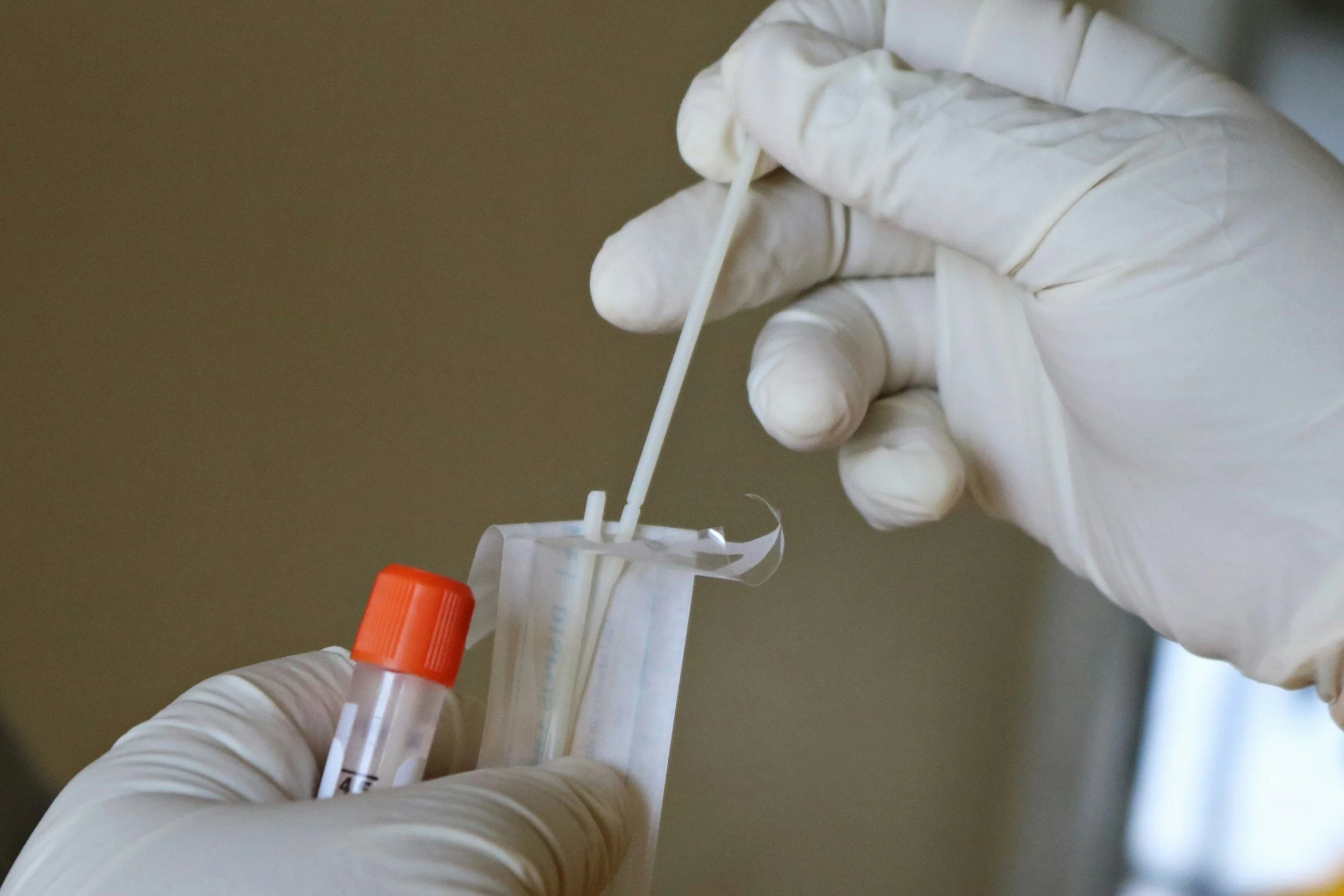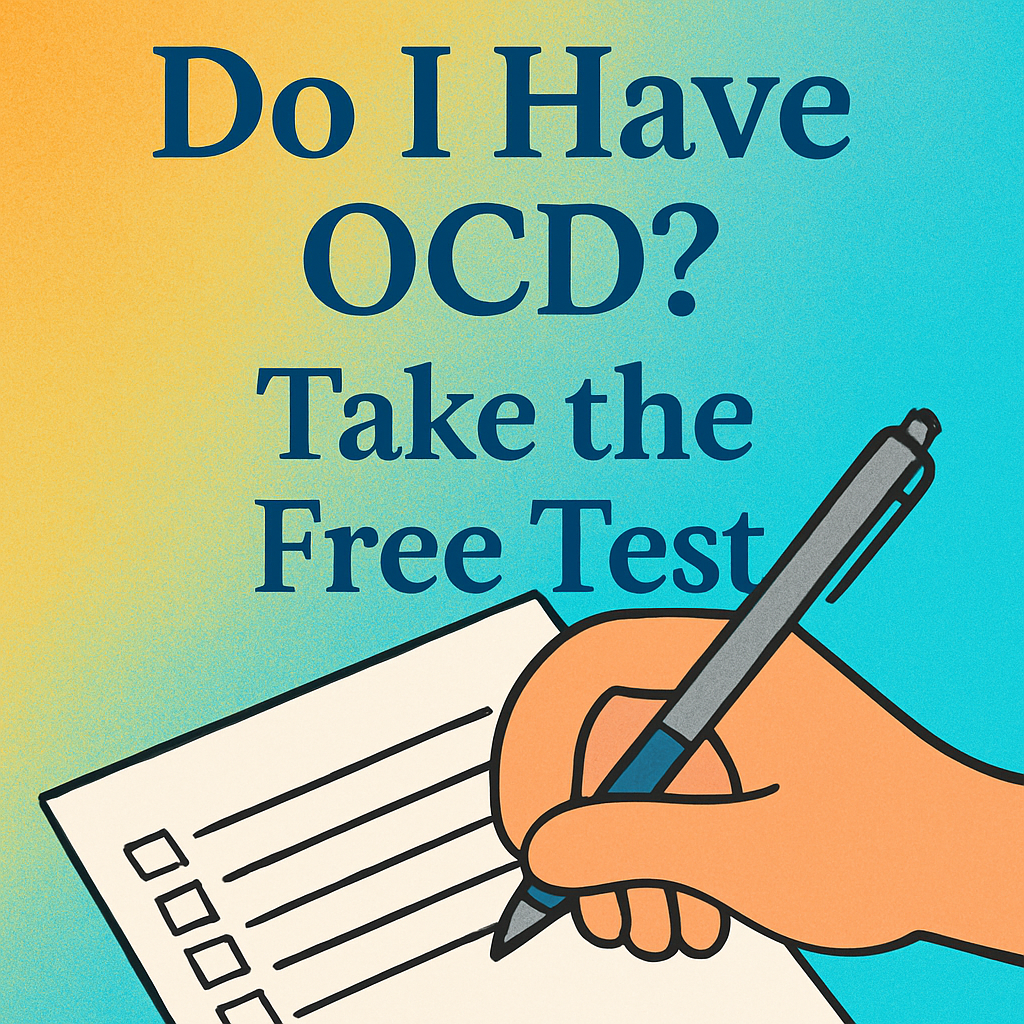
Anxiety Specialist in Madison, Mississippi
Find Lasting Relief From OCD, Anxiety, Trauma, and Stress
Accepting These Major Insurances.
Contact Me for Sliding Scale Rates.
I offer counseling both online and in-person.
You can live life free from the overwhelming weight of anxiety, OCD, and stress — not just survive.
Let’s Build Your Personalized Plan For Lasting Relief
Book a Free Consultation
1
We’ll talk about what’s been holding you back and see if we’re a good fit.
Get a Personalized Plan
I’ll create a strategy tailored to your unique struggles with anxiety, OCD, or trauma.
2
Start Feeling Better
3
You’ll find relief and start feeling like yourself again.
Specialized Therapy For Anxiety in Madison, MS
Tyler Slay, LPC, is a licensed professional counselor and anxiety specialist based in Madison, Mississippi. Tyler specializes in treating Obsessive-Compulsive Disorder (OCD), anxiety disorders, trauma, stress & burnout. He has completed advanced training through the International OCD Foundation (with a focus on both pediatrics and adults) and uses evidence-based approaches such as Exposure and Response Prevention (ERP), Cognitive Behavioral Therapy (CBT), and Acceptance and Commitment Therapy (ACT). To help you find relief, Tyler works with you to understand how your unique life experiences have shaped your relationship with anxiety. By making sense of your past, you can gain new insight and find a path forward in the here and now. Tyler works with children, teens, and adults across Mississippi, providing specialized anxiety treatment both online and in-person.
What Types of Anxiety Do You Treat?
Social Anxiety
People struggling with social anxiety often wonder what others are thinking about them in social settings. Because of past experiences and an overactive imagination, they feel like they are being judged. You don’t have to be someone who is obviously shy to struggle with social anxiety. Often, these individuals have a lot of energy and social ability, but they’re exhausted by the constant feeling that they have to keep up a performance.
Health Anxiety
Health anxiety can involve excessive worry about your own health, the health of family members, specific medical events, chemical contaminants, perfect nutrition, and more. Media companies often amplify these fears by drawing attention to hidden risks and scary headlines. Common manifestations of health anxiety include:
Fear of choking
Fear of throwing up (emetophobia)
Fear of falling (especially in older adults)
Fear of getting cancer
Health anxiety can take many forms and, when intense, it can significantly interfere with day-to-day life.
Generalized Anxiety
People with generalized anxiety tend to worry about a wide range of issues, often feeling tense throughout the day. Instead of focusing on a single topic, they may worry about:
Being late
Staying on top of every task
Health
Grades
Budget
Relationships
The whereabouts of family members
This person often finds it difficult to be flexible and to let things unfold naturally.
Panic Disorder
Panic disorder is diagnosed when panic attacks become recurrent, unexpected, and a person spends significant time fearing future attacks. A panic attack (also known as an anxiety attack) often includes symptoms such as:
A sense of impending doom
Rapid heart rate
Dizziness or lightheadedness
Shortness of breath
Inability to concentrate
While many people may experience a panic attack once in their lifetime, those with panic disorder live in fear of unpredictable attacks that may embarrass them or put them or their loved ones in danger.
Phobias
A phobia is a persistent fear of a specific object or situation, leading someone to avoid it altogether. To others, the fear and avoidance may seem irrational or extreme. Common phobias include:
Small spaces
Heights
Water
Snakes
Dogs
Lightning
Bugs
Obsessive-Compulsive Disorder (OCD)
OCD is diagnosed when someone experiences distressing thoughts and feels the need to take action to relieve the discomfort those thoughts cause. For example, a person might constantly worry they left the stove on and feel compelled to check it, sometimes returning home multiple times to make sure. In relationship OCD, people struggle with persistent doubts about being in the wrong relationship, even when they respect their partner. There are many ways OCD can manifest that aren’t listed here, just like all of the anxiety disorders mentioned above.
Relationship Anxiety
Anxiety can also stem from past relationship wounds (and possibly ongoing relationship wounds that need to be addressed). When someone has felt rejected, unseen, powerless, or dismissed by important people in their life, those emotional injuries can shape how they experience current relationships, decisions, and challenges. Even if those experiences happened years ago, the fear of repeating them can drive present-day anxiety. Therapy can help uncover and heal those patterns, restoring a greater sense of agency and connection.
Stress and Burnout
It’s possible that you experience some anxiety but you don’t identify with any of the categories listed above. You might just be dealing with a gnawing stress that you can’t quite put your finger on. I have written here in detail about how identifying exactly what is stressing you and exactly what to do about it requires a framework that considers multiple factors and doesn’t oversimplify the reasons you are struggling. If you are dealing with career burnout or stress that you haven’t been able to make sense of, you might be helped by this approach that considers all of the complex reasons you are experiencing stress that doesn’t seem to be resolving on its own.
Recovery from Anxiety is Possible
The good news is that effective treatments exist for each of the struggles mentioned above. There are general principles that support healing from anxiety, along with specific strategies that target different types of anxiety. With an approach designed for your specific needs by someone who specializes in treating anxiety, it’s possible to get your life back, even if your specific struggle wasn’t mentioned here.
Don’t stay stuck. Recovery is possible.
Take the First Step toward lasting recovery. Book your appointment today.
**Important Notice: Email addresses, forms, or phone numbers listed on this website are Not Monitored for emergencies, crises, or urgent situations.If you are experiencing thoughts of suicide, in a crisis, or require immediate mental health assistance, it is imperative that you seek help immediately.For immediate support in the United States, please contact the National Suicide Prevention Lifeline at 1-800-273-TALK (1-800-273-8255). Trained professionals are available 24/7 to provide confidential and compassionate assistance.In a life-threatening emergency, please call your local emergency services or go to the nearest emergency room without delay.Not Sure Where to Start? Download My Free Guide on Understanding Anxiety and OCD.
Break the Cycle: A Simple Guide to Reducing Anxiety This Week
I may also send you occasional emails with helpful information. But don’t worry, I won’t fill up your inbox. You can unsubscribe anytime.


















